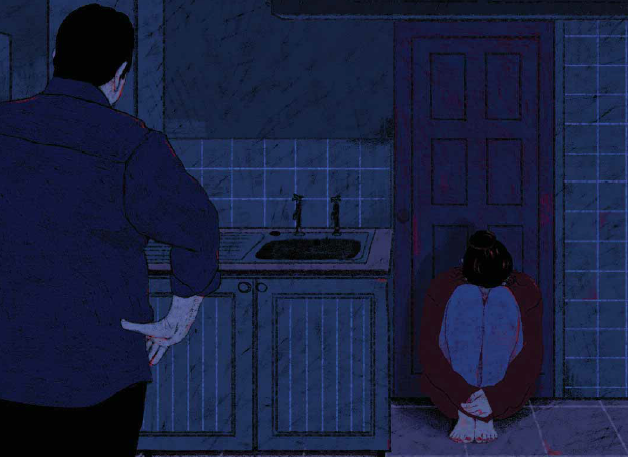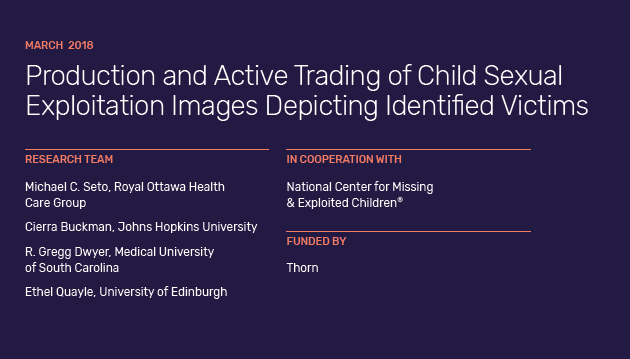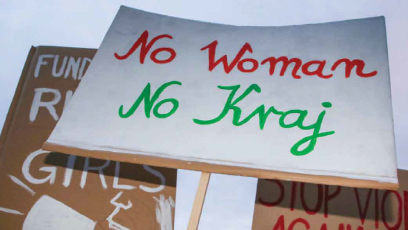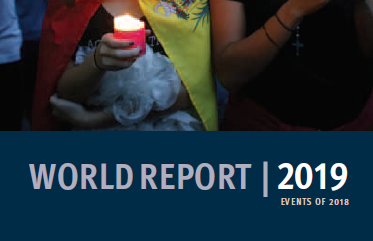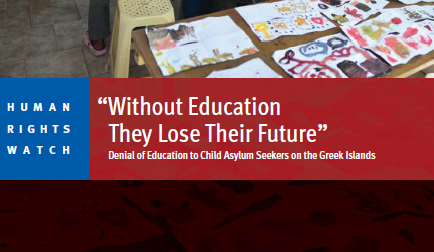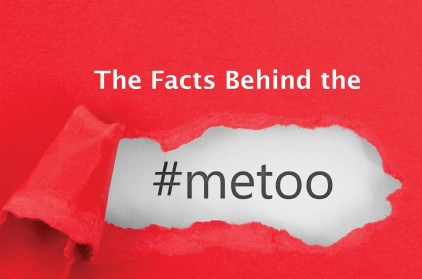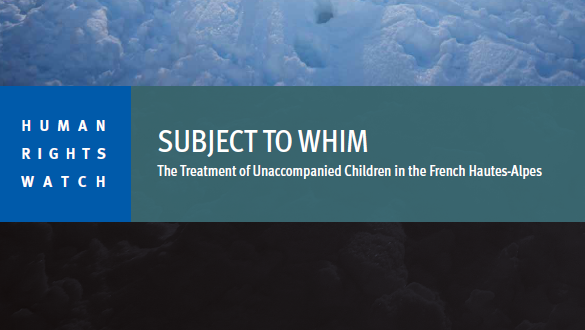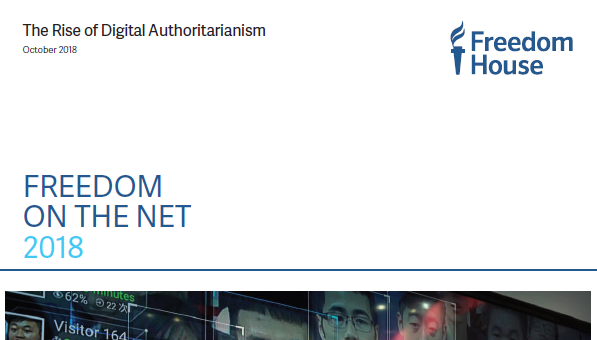For a quick search in the Knowledge database below, please use the search box. Also, note that using one or more of the dropdown filters will optimise your search.
Watch this video to find out more about our Knowledge Database and the publications we have collected here for you: video
Knowledge Database
-
Stories of Strength: Report on Child Sexual Abuse & Community Recommendations for Prevention
This paper focuses on the stories and recommendations from local child sexual abuse survivors and key stakeholders in the Los Angeles area, as well as a survey of current research. The authors hope hope these survivor and stakeholder experiences will enliven the discussion around child sexual abuse and move the issue forward in a thoughtful and deliberate way.
Keywords: children, domestic violence, sexual violence, victimisation -
Sextortion: Findings from a Survey of 1,631 Victims
Thorn and the Crimes against Children Research Center of the University of New Hampshire conducted an online survey of persons ages 18 to 25 who have been targets of threats to expose sexual images, or “sextortion” (n=1631). Respondents were recruited mainly through ads on Facebook and asked to complete anonymous surveys if they had been targets of sextortion. The goal was to inform strategies to reduce these incidents by: (1) Educating the public and practitioners about sextortion; (2) Improving mechanisms for reporting to websites, apps and other technology programs that are being used for sextortion; promoting reporting to technology companies by targets of sextortion and increasing effective responses to such reports; (3) Equipping technology companies with more knowledge and information about how their platforms are being used in sextortion so they can create preventive strategies to combat the problem; and (4) Encouraging help-seeking by targets of sextortion and providing them with resources.
Keywords: children, cybercrime, sexual violence, stalking -
I Could Kill You and No One Would Stop Me”: Weak State Response to Domestic Violence in Russia
Human Rights Watch | Published in 2018
The report documents how police in Russia often treat victims of domestic violence with open hostility and refuse to register or investigate their complaints of domestic violence, instead funneling victims who wish to prosecute into the patently unfair and extremely burdensome process of private prosecution, for which the victim must gather all necessary evidence and bear all costs. In the cases we documented, survivors of domestic violence found the process of private prosecution overwhelming and ineffective, and for this reason decided to forego it altogether.
Keywords: domestic violence, gender based violence -
Production and Active Trading of Child Sexual Exploitation Images Depicting Identified Victims
The National Center for Missing & Exploited Children (Canada) | Published in 2018
In this study, the first of its kind, we were able to analyze data from two different datasets: (1) a historical dataset that encompassed all actively traded cases involving identified victims from July 1, 2002, to June 30, 2014 (518 cases involving 933 victims); (2) a modern dataset encompassing all cases involving identified victims from July 1, 2011, to June 30, 2014 (1,965 cases involving one offender and one victim, and 633 cases involving multiple offenders and/or victims; only a small minority of these cases were actively traded). The historical set allowed us to examine trends over time, whereas the modern dataset had more information due to a more comprehensive law enforcement submission form implemented in 2011.
Keywords: children, prevention, sexual violence -
“The Breath of the Government on My Back”: Attacks on Women’s Rights in Poland
Human Rights Watch | Published in 2019
This report is based on research conducted in Poland in July and August 2018, as well as telephone and video interviews conducted between September and November 2018. In-person interviews were conducted in Warsaw, Kraków, Łódź, Zielona Góra in western Poland, and towns outside of Kraków and in southern Poland whose exact locations are not identified to protect the security and privacy of some interviewees. Human Rights Watch interviewed 30 activists, participants in or supporters of women’s rights issues or protests, attorneys, and representatives of nongovernmental organizations (NGOs) working on women’s rights issues including violence against women and sexual and reproductive health and rights.
Keywords: gender based violence, gender inequality, victims' rights -
Human Rights Watch World Report
Human Rights Watch | Published in 2019
World Report 2019 is Human Rights Watch’s 29th annual review of human rights practices around the globe. It summarizes key human rights issues in more than 90 countries and territories worldwide, drawing on events from late 2017 through November 2018.
Keywords: discrimination, gender inequality, human trafficking, humanitarian, LGBTQ, victims' rights -
“Without Education They Lose Their Future”: Denial of Education to Child Asylum Seekers on the Greek Islands
Human Rights Watch | Published in 2018
Most asylum-seeking children on the Aegean Islands live in government-run camps, also known as “hotspots” or Reception and Identification Centers. A minority of children have been transferred out of the camps to other places, such as shelters for unaccompanied children or EU-subsidized hotels or apartments for children with families deemed too vulnerable to live in the government-run camps. In theory, all asylum-seeking parents can enroll their children in regular public school classes even if they lack identification documents, so long as the child has been vaccinated. In practice, however, the only children whom Human Rights Watch identified who were able to attend public school were among the minority who had been transferred out of the government-run camps, and were enrolled only with help from NGOs or Greek volunteers.
Keywords: children, discrimination, migration -
The Facts Behind the #metoo Movement: A National Study on Sexual Harassment and Assault
Stop Street Harassment (USA) | Published in 2018
Sexual harassment and assault are widespread problems that cause pain, limit people’s lives, and impact communities and society. The findings in this study are a necessary wake-up call to leaders and ordinary citizens alike to examine our culture in the United States to understand how it allows so much sexual abuse to take place, particularly against women and other historically marginalized communities. Not only is it necessary to understand the scope of this issue, but it is imperative for people from all walks of life to work on both short-term and long-term concerted and coordinated efforts to prevent sexual harassment and assault.
Keywords: gender based violence, sexual violence, victims' rights -
Subject to Whim: The Treatment of Unaccompanied Children in the French Hautes-Alpes
Human Rights Watch | Published in 2019
This report, based on research in the French Department of Hautes-Alpes between January and July 2019, sheds light on human rights violations with regard to unaccompanied children as well as the human rights of aid workers, volunteers, and activists who assist migrant children and adults. Police harassment of aid workers, volunteers, and activists interferes with their ability to provide potentially life-saving assistance to children and adults in need. Prosecutions for providing humanitarian assistance potentially violate a range of rights, including that of freedom of association. The reports provides various practical recommendations to authorities in order to address the violations
Keywords: children, cross-border crime, humanitarian, migration, victims' rights -
Freedom on the Net 2018
Freedom House | Published in 2018
Freedom on the Net is a comprehensive study of internet freedom in 65 countries around the globe, covering 87 percent of the world’s internet users. It tracks improvements and declines in internet freedom conditions each year.With or without malign intent, the internet and social media in particular can push citizens into polarized echo chambers and pull at the social fabric of a country, fueling hostility between different communities. Over the past 12 months in Bangladesh, India, Sri Lanka, and Myanmar, false rumors and hateful propaganda that were spread online incited jarring outbreaks of violence against ethnic and religious minorities. Such rifts often serve the interests of antidemocratic forces in society, the government, or hostile foreign states, which have actively encouraged them through content manipulation.
Keywords: hate crime, media, security, victimisation, violence


